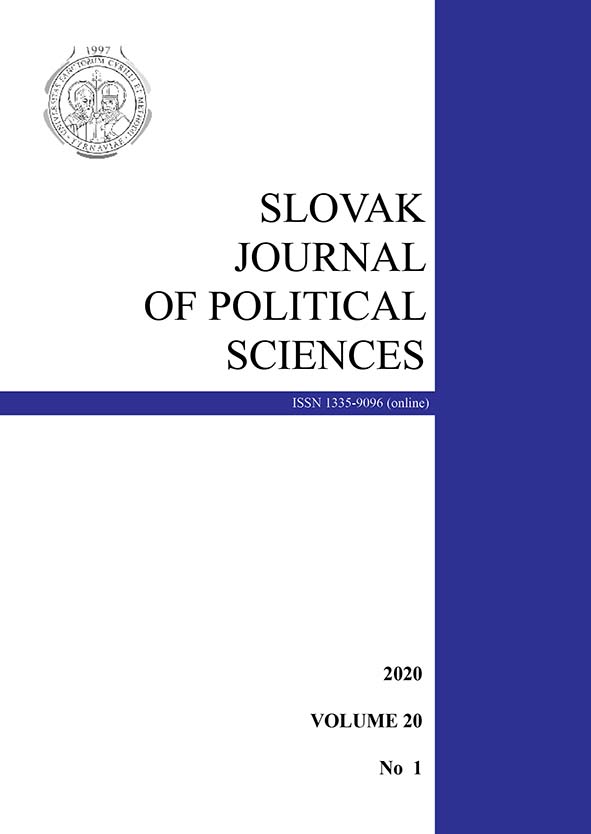Post-Soviet Revolutions and Post-Revolution Discourses: Explaining the Construction of Political Identities in Post-Rose Revolution Georgia and Post-Velvet Revolution Armenia
Post-Soviet Revolutions and Post-Revolution Discourses: Explaining the Construction of Political Identities in Post-Rose Revolution Georgia and Post-Velvet Revolution Armenia
Author(s): Aram TerzyanSubject(s): Political history, Recent History (1900 till today), Politics and Identity
Published by: Univerzita sv. Cyrila a Metoda v Trnave, Katedra politológie
Keywords: Georgia; Armenia; “Rose Revolution”; “Velvet Revolution”; Post- Revolution discourse;
Summary/Abstract: revolution studies. This paper explores the core narratives underlying post-Rose Revolution and post-Velvet Revolution identity construction in Georgian and Armenian political discourses. More specifically, it examines the core narratives employed by the Georgian and Armenian revolution leaders Mikheil Saakashvili and Nikol Pashinyan in constructing the political identities of “New Georgia” and “New Armenia.” The findings suggest that the core narratives dominating Saakashvili’s discourse on post-revolution Georgia are as follows: “democratic Georgia” and “laboratory of democratic reforms,” “stereotype breaker,” “European Georgia,” “peaceful Georgia,” “powerful Georgia” and “security contributor,” determined to homecoming to Europe. Pashinyan’s discourse has revolved around the notion of “proud Armenians,” who established “people’s government” capable of carrying out an “economic revolution.” In contrast to Saakashvili’s emphasis on escaping post-Soviet geopolitical space and gaining centrality in the EU-driven socio-political order, Pashinyan’s discourse does not suggest foreign policy U-turns. It concludes that while the 2003 “Rose Revolution” marked fundamental shifts in self-other conceptions within the Georgian political discourse, the post-revolution Armenian discourse has not experienced dramatic identity-driven transformations.
Journal: Slovenská politologická revue
- Issue Year: 20/2020
- Issue No: 1
- Page Range: 138-163
- Page Count: 26
- Language: English

